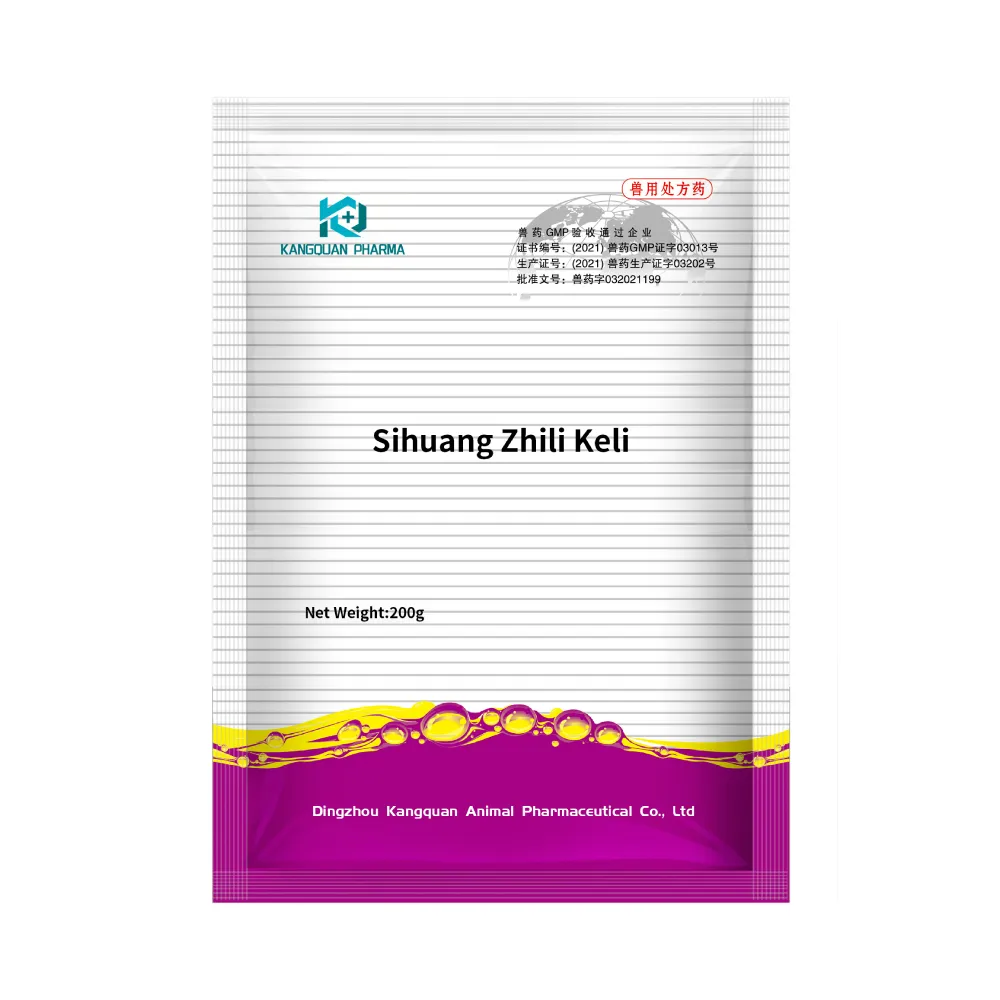- Afrikaans
- Albanian
- Amharic
- Arabic
- Armenian
- Azerbaijani
- Basque
- Belarusian
- Bengali
- Bosnian
- Bulgarian
- Catalan
- Cebuano
- Corsican
- Croatian
- Czech
- Danish
- Dutch
- English
- Esperanto
- Estonian
- Finnish
- French
- Frisian
- Galician
- Georgian
- German
- Greek
- Gujarati
- Haitian Creole
- hausa
- hawaiian
- Hebrew
- Hindi
- Miao
- Hungarian
- Icelandic
- igbo
- Indonesian
- irish
- Italian
- Japanese
- Javanese
- Kannada
- kazakh
- Khmer
- Rwandese
- Korean
- Kurdish
- Kyrgyz
- Lao
- Latin
- Latvian
- Lithuanian
- Luxembourgish
- Macedonian
- Malgashi
- Malay
- Malayalam
- Maltese
- Maori
- Marathi
- Mongolian
- Myanmar
- Nepali
- Norwegian
- Norwegian
- Occitan
- Pashto
- Persian
- Polish
- Portuguese
- Punjabi
- Romanian
- Russian
- Samoan
- Scottish Gaelic
- Serbian
- Sesotho
- Shona
- Sindhi
- Sinhala
- Slovak
- Slovenian
- Somali
- Spanish
- Sundanese
- Swahili
- Swedish
- Tagalog
- Tajik
- Tamil
- Tatar
- Telugu
- Thai
- Turkish
- Turkmen
- Ukrainian
- Urdu
- Uighur
- Uzbek
- Vietnamese
- Welsh
- Bantu
- Yiddish
- Yoruba
- Zulu
10 月 . 06, 2024 06:26 Back to list
lincomycin hcl
Lincomycin HCl An Overview
Lincomycin hydrochloride, often referred to simply as lincomycin HCl, is a lincosamide antibiotic that is widely used in clinical settings for treating various types of bacterial infections. Discovered in the 1960s, lincomycin is derived from the actinomycete bacterium *Streptomyces lincolnensis*, which underscores its natural origin. The drug has gained recognition for its efficacy against a range of Gram-positive bacteria, particularly those resistant to other class antibiotics.
Lincomycin works by inhibiting bacterial protein synthesis, which is crucial for the growth and reproduction of bacteria. It binds to the 50S ribosomal subunit, blocking transpeptidation and consequently stifling the bacteria's ability to form essential proteins. As a result, lincomycin is particularly effective against anaerobic bacteria, some strains of Staphylococcus, and certain types of Streptococcus.
Clinical Indications
Lincomycin hydrochloride is primarily indicated for the treatment of infections caused by susceptible organisms, particularly in patients who are allergic to penicillin or have developed resistance against other antibiotics. It is commonly prescribed for serious infections such as osteomyelitis, soft tissue infections, and certain types of pneumonia. Additionally, lincomycin has been effective in treating infections of the skin and respiratory tract.
Given its mechanism of action, lincomycin may be chosen for use in conditions where Streptococcus and Staphylococcus species are involved, including some dental infections and lung abscesses. The drug is also advantageous for patients who have allergies to beta-lactam antibiotics like penicillins and cephalosporins.
Administration and Dosing
lincomycin hcl

Lincomycin hydrochloride can be administered both orally and intravenously, depending on the severity and nature of the infection. When taken orally, the drug is quickly absorbed from the gastrointestinal tract, with peak plasma concentrations generally occurring within one to two hours post-dosing. For severe infections, intravenous administration may be preferred to ensure rapid onset of action.
The dosage of lincomycin HCl varies based on the type and severity of the infection, as well as the patient’s age and renal function. Standard adult dosages typically hover around 600 mg to 1.8 g per day, divided into several doses. However, for specific infections or patient populations, adjustments may be necessary.
Side Effects and Considerations
Like all medications, lincomycin HCl comes with potential side effects. Common ones include gastrointestinal disturbances such as diarrhea, nausea, and vomiting. Additionally, colitis—a severe inflammation of the colon—can occur, particularly in patients who have undergone antibiotic treatment recently. Due to this potential complication, it is vital for healthcare professionals to monitor patients closely and educate them about the signs of gastrointestinal distress.
Patients with a history of allergies to lincomycin or other lincosamide antibiotics should avoid this medication. It is also important to use caution in individuals with liver or kidney disease, as these conditions can affect drug metabolism and excretion.
Conclusion
Lincomycin hydrochloride remains a key player in the fight against bacterial infections, especially in patients with penicillin allergies or resistant strains of bacteria. Its unique mechanism of action makes it particularly effective against certain gram-positive pathogens. However, like all antibiotics, judicious use is necessary to minimize resistance development and potential side effects. As always, patients should consult healthcare providers for appropriate diagnosis and treatment options tailored to their specific needs.
-
The Power of Radix Isatidis Extract for Your Health and Wellness
NewsOct.29,2024
-
Neomycin Sulfate Soluble Powder: A Versatile Solution for Pet Health
NewsOct.29,2024
-
Lincomycin Hydrochloride Soluble Powder – The Essential Solution
NewsOct.29,2024
-
Garamycin Gentamicin Sulfate for Effective Infection Control
NewsOct.29,2024
-
Doxycycline Hyclate Soluble Powder: Your Antibiotic Needs
NewsOct.29,2024
-
Tilmicosin Premix: The Ultimate Solution for Poultry Health
NewsOct.29,2024













